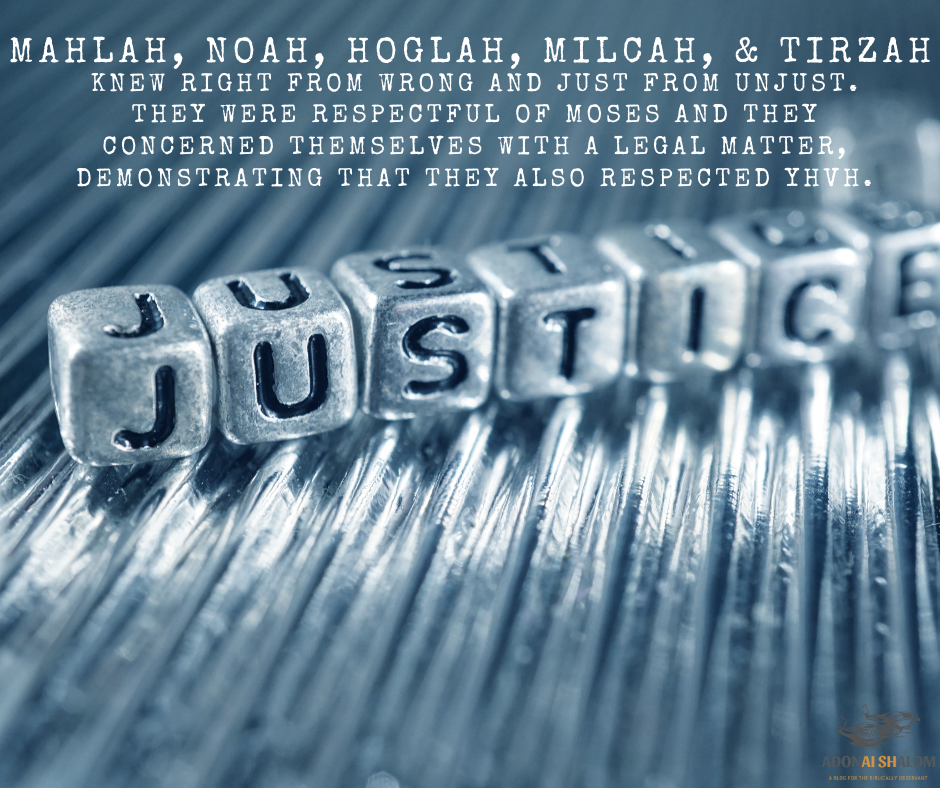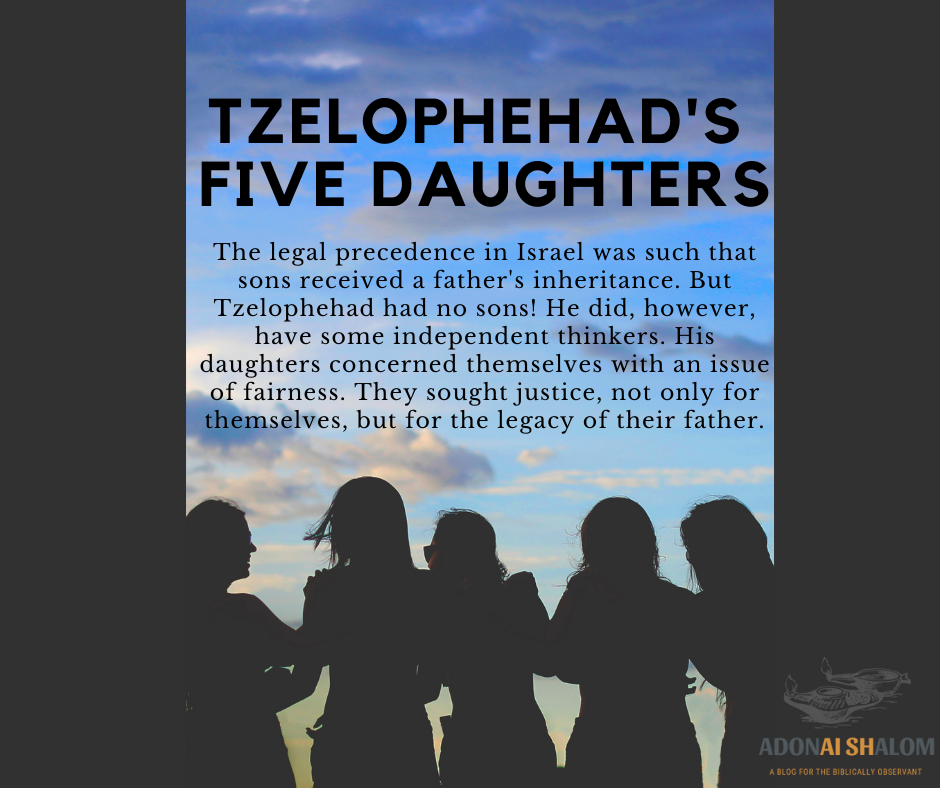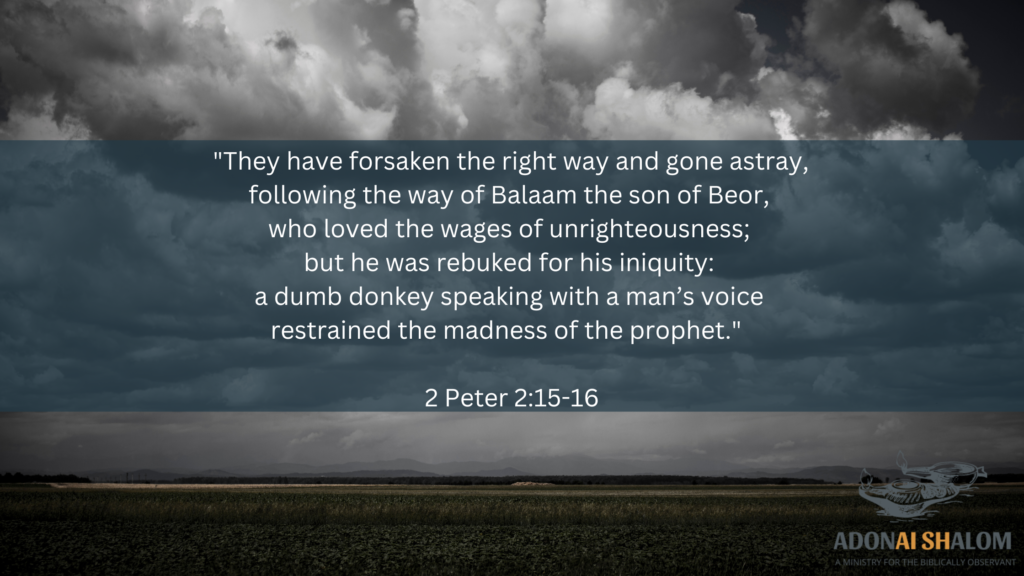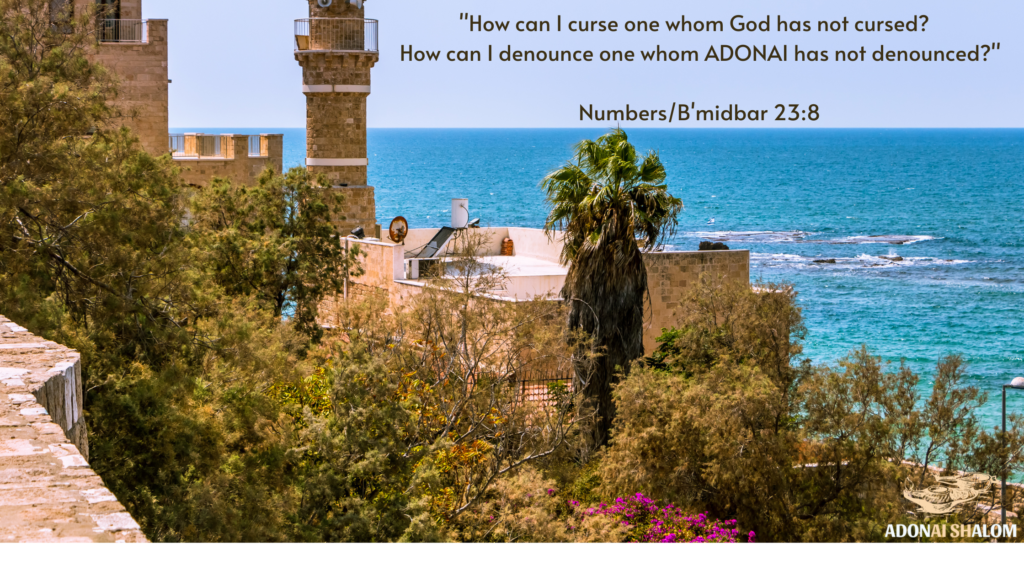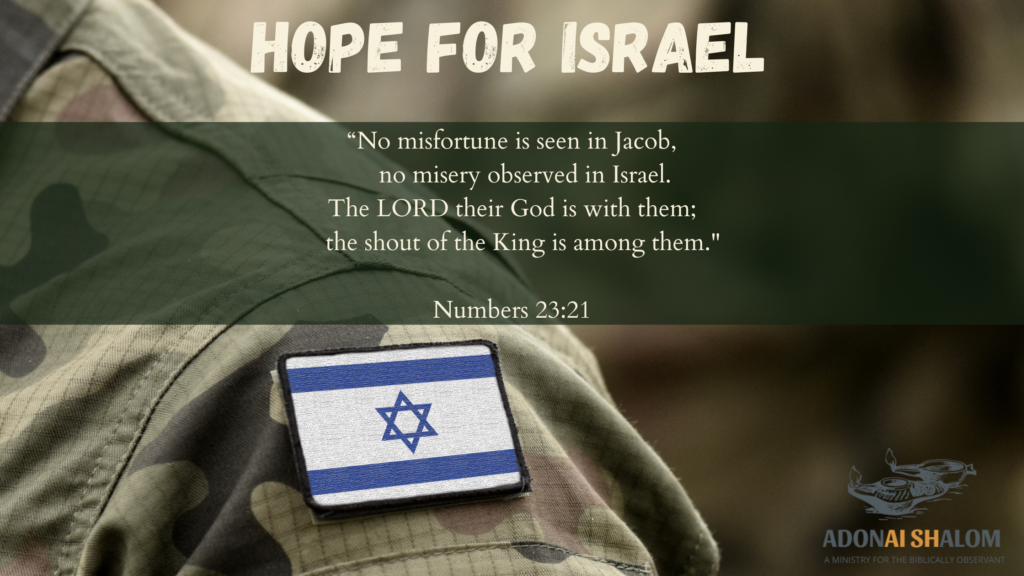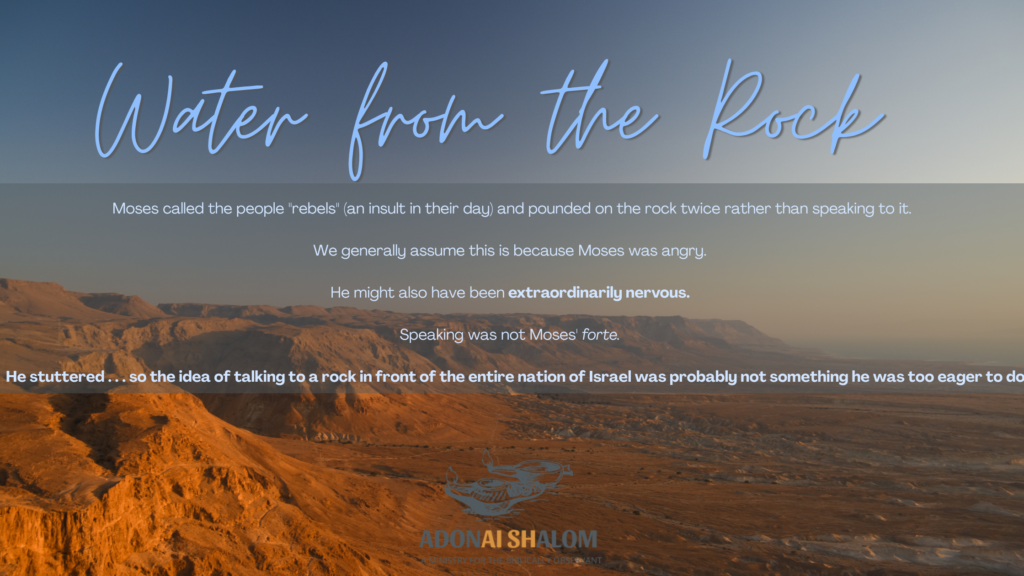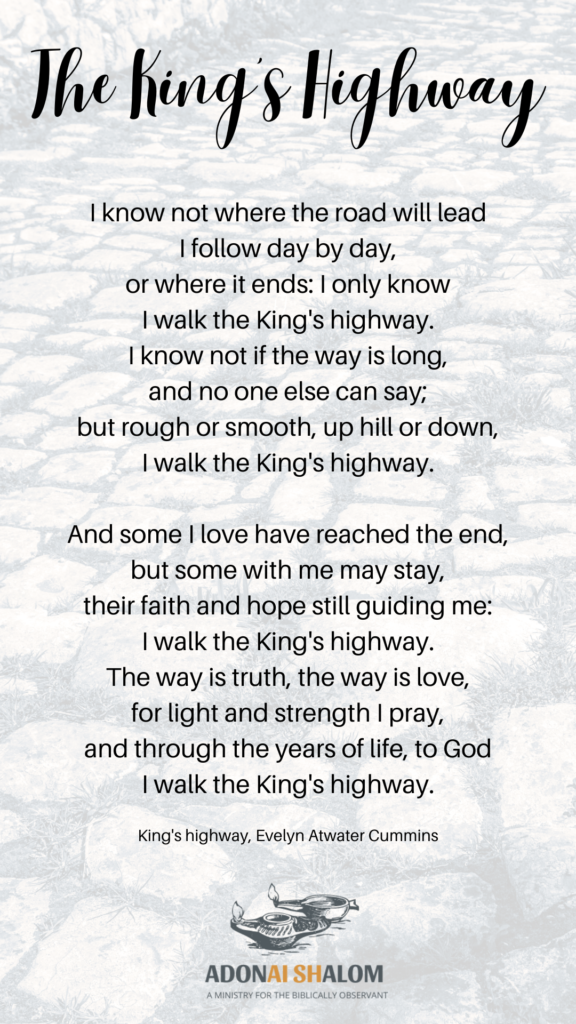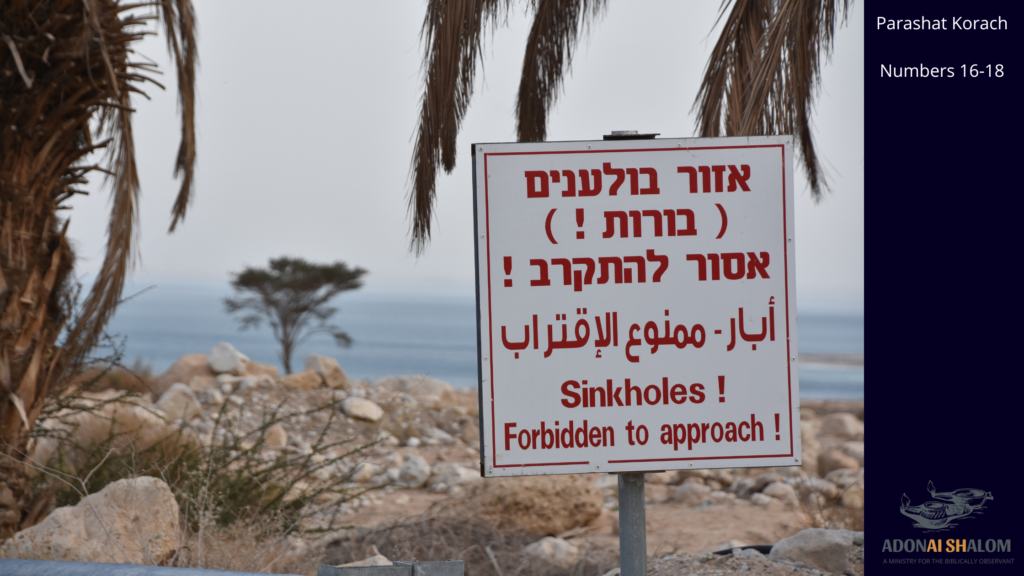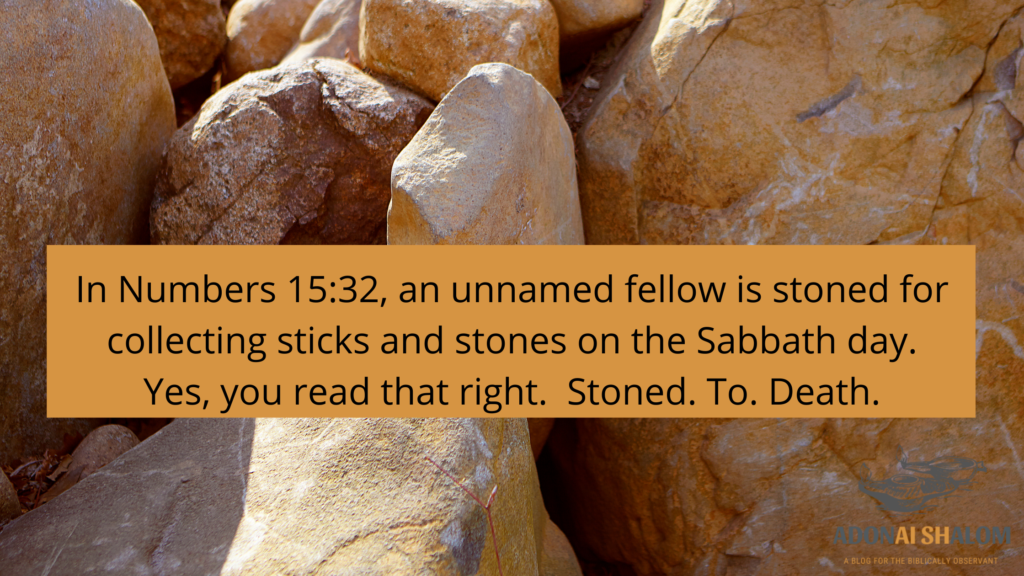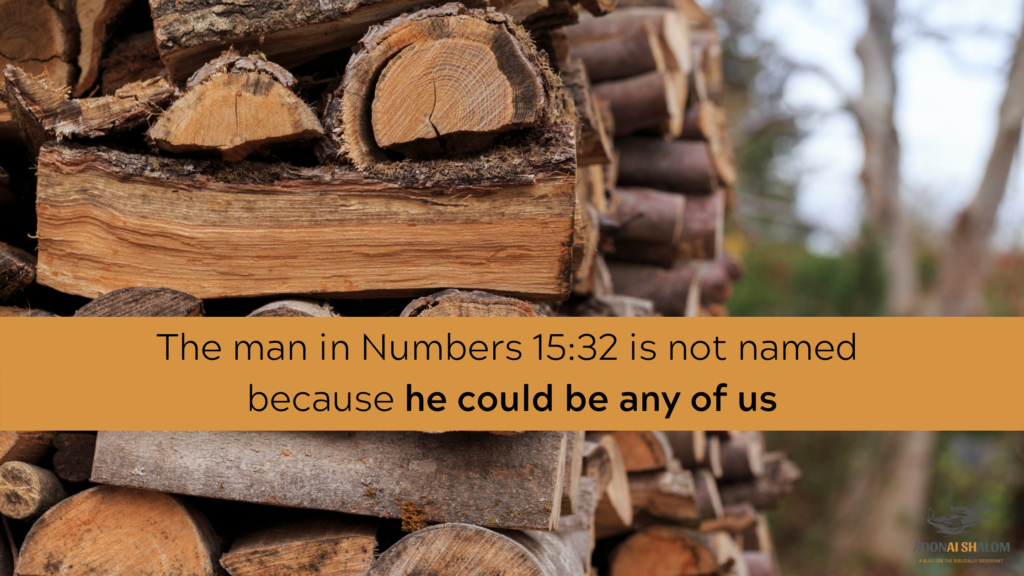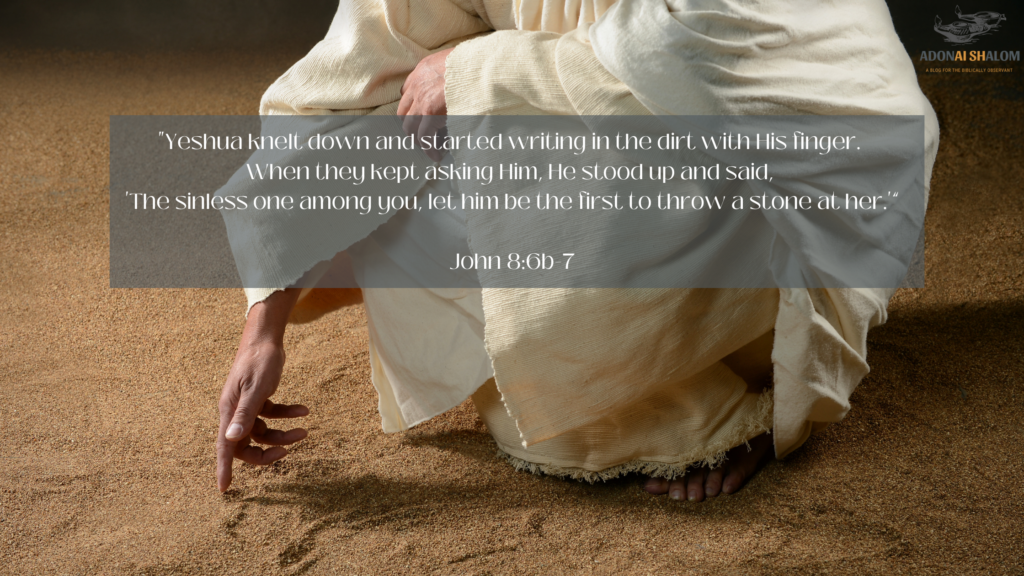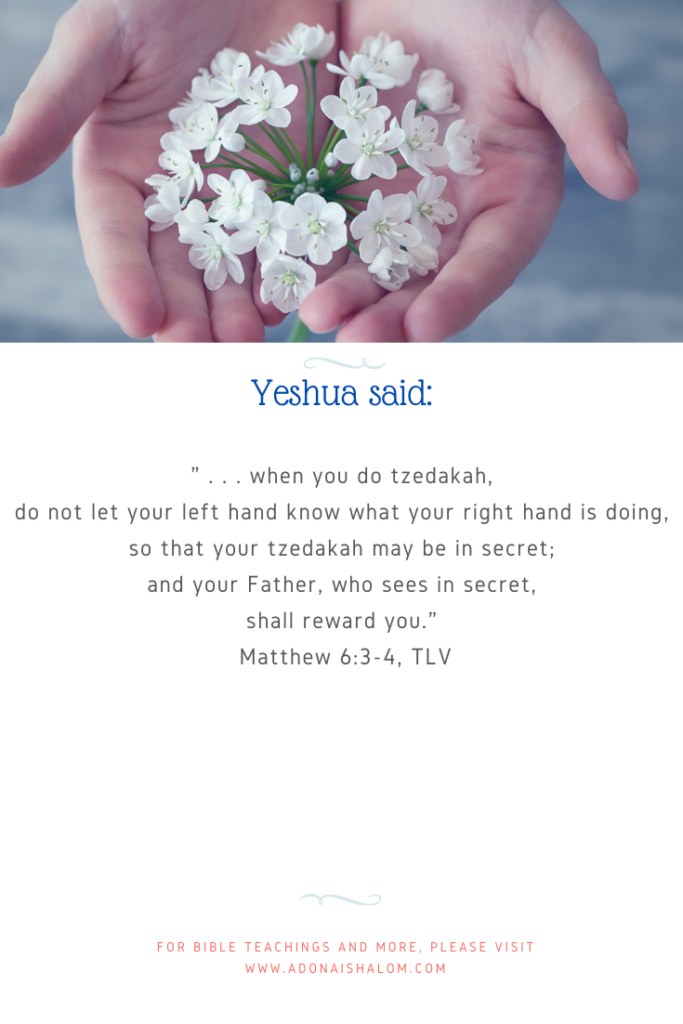Review: “Mysteries of the Messiah” by Rabbi Jason Sobel
I am blessed to be participating in an “I Read with Audra” blog tour for Rabbi Jason Sobel’s new book: Mysteries of the Messiah: Unveiling Divine Connections from Genesis to Today. You may be interested to know that the foreword was written by Kathie Lee Gifford, who actually co-authored a previous book with Sobel titled, The Rock, the Road, and the Rabbi. Most of the Scripture references in Mysteries of the Messiah come from the Tree of Life Version of the Bible (TLV), which I find to be an excellent Bible translation and use frequently here on the Adonai Shalom blog.
Book Review
Mysteries of the Messiah by Rabbi Jason Sobel is absolutely on-topic, as more and more Christians are becoming aware of the importance of enriching their understanding of the Hebrew roots of their Christian faith. Accordingly, Rabbi Sobel’s book is addressed to Christian believers of all denominations. He commends the study of the New Testament, but encourages believers to take a deeper interest in the Old Testament (Hebrew) Scriptures as well, in order to build a more robust theology.
A Primer for Messianic Theology
As a Messianic Rabbi, Sobel does not diminish the Gospel. He uses illustrations from Hebrew to help traditionally-taught Christians encounter deeper meanings behind the words in Scripture that often go overlooked or misunderstood.
Mysteries of the Messiah is a necessary work for “such a time as this” as Sobel rightly assesses the current spiritual climate: believers are awakening to the true fullness of the Gospel, embracing the continuity of the Hebrew Bible (Tanakh) and the New Testament (Brit Hadashah). Importantly, Sobel understands that for many American Christians, delving into the riches of the Tanakh is a novel enterprise. Mysteries of the Messiah offers a primer for believers to explore Messianic prophecies and Biblical holy days, written in a gentle, conversational tone.
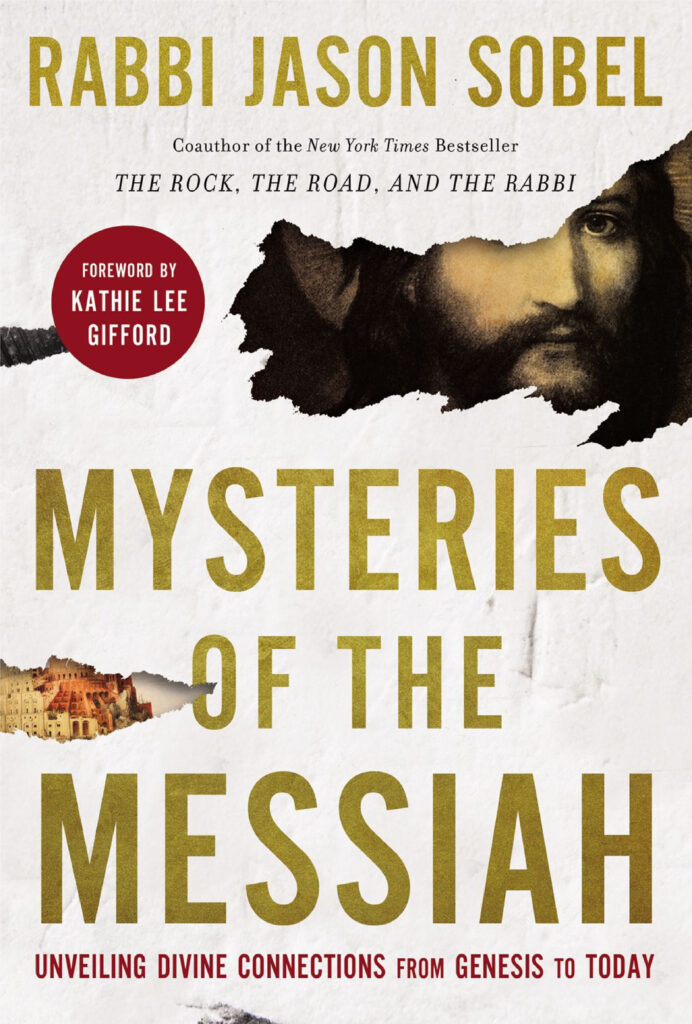
Biblical numerology
First, the book itself begins with an accessible introduction into Biblical numerology. Sobel’s time spent under the tutelage of Rabbi Jonathan Cahn’s ministry in New Jersey becomes evident right from the start as he seeks to uncover hidden meanings and messages using numbers and calculations based on the Hebrew values of the aleph-bet letters. Many of Sobel’s insights are compelling and will enrich the thoughtful reader, but the reader may occasionally differ with his interpretive conclusions.
Messiah’s Identity
One thing that will not be disputed by any Messianic Jewish or Christian believer who reads Mysteries of the Messiah is Rabbi Sobel’s passionate insistence that Jesus of Nazareth, Yeshua ha-Notzri, was and is the promised Messiah of Israel. In the first chapter, Sobel identifies five specific areas that he believes reveal important clues about Messiah’s identity and shares his own testimony of receiving Messiah Yeshua as his own Savior. Readers interested in Messianic Jewish apologetics may particularly appreciate this early section of the book.
Great for readers who enjoy Bible Studies
The middle chapters will appeal to any readers who enjoy Bible Studies. Sobel invites readers to explore the extensive ways Messiah is revealed in the Scriptures from creation to beyond Pentecost (Shavu’ot) using the numerology he introduced in the earlier chapters. No knowledge of Hebrew or Greek is required for the reader to be able to gain an appreciation of linguistic nuances in the Bible thanks to Sobel’s easy-to-read writing style. Sobel presents Jewish concepts such as tikkun olam (repairing the world) in a very understandable and relatable way. Moreover, he writes with a pastor’s heart, encouraging believers in their faith. He shares his hope and prayer for Jews and Gentiles alike to unite in Messiah Jesus:
“When Jew and Gentile unite in Jesus, we become an unstoppable force for salvation, transformation, and revival.”
Sobel, Jason. Mysteries of Messiah: Unveiling Divine Connections from Genesis to Today. Nashville, TN: W Publishing Group, 2021.
Conclusion
Finally, Mysteries of Messiah concludes with an impressive revelation contained within the beloved Isaiah 9:6 passage related to Messiah’s lineage as the Son of David. I found it to be an enjoyable and refreshing read, one that may spark the reader to desire to delve deeply into the richness of Scripture’s mysteries and the Jewishness of Jesus even after finishing the book.
Excerpt
RAFFLECOPTER BOOK GIVEAWAY
A book giveaway is going on now! Enter here to win! Update 2/22. This giveaway ended July 30, 2021.
About the Author: Mysteries of the Messiah by Jason Sobel
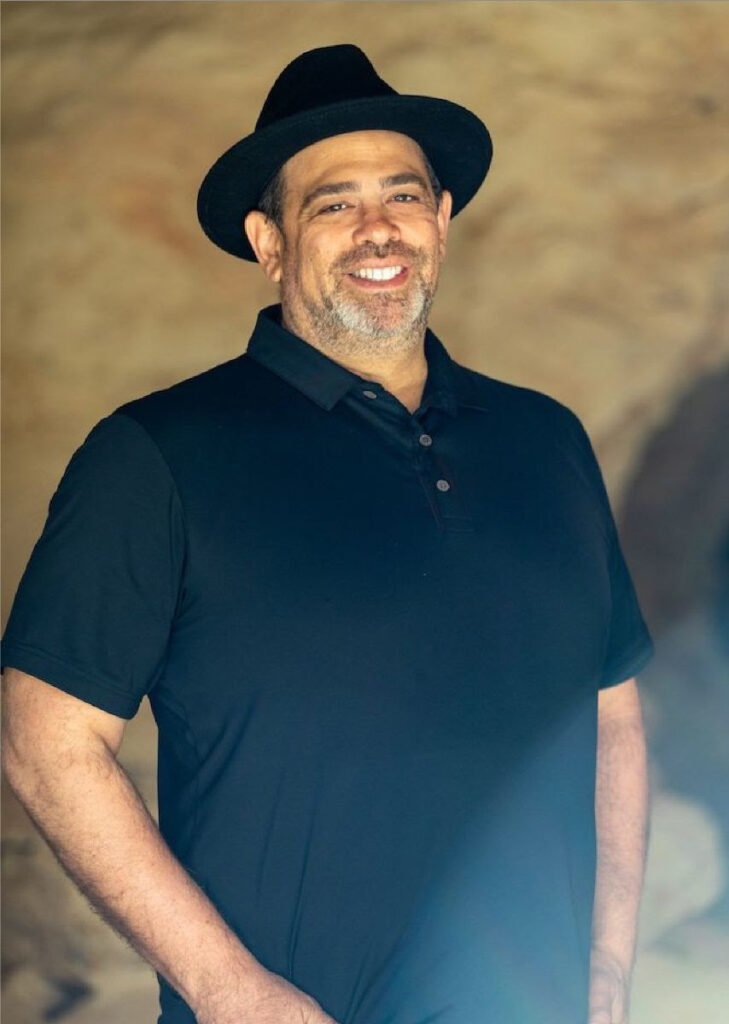
Raised in a Jewish home in New Jersey, Rabbi Jason Sobel dedicated much of his life in pursuit of a spiritual connection with God. After years of seeking and studying, he encountered God and found his true destiny as a Jewish follower of Yeshua (Jesus). Suddenly, all the traditions Rabbi Jason grew up with took on new depth and meaning as God connected the ancient wisdom of the Torah with the teachings of the Messiah.
Rabbi Jason received his rabbinic ordination from the UMJC (Union of Messianic Jewish Congregations) in 2005. He has a B.A. in Jewish Studies (Moody) and an M.A. in Intercultural Studies (Southeastern Seminary). He is a sought-after speaker and has made multiple appearances on national television, including the Trinity Broadcasting Network, the Daystar Network, and the Dr. Oz Show. Rabbi Jason is the author of Breakthrough: Living a Life That Overflows, Aligning with God’s Appointed Times, and Mysteries of the Messiah and he is also the coauthor of New York Times bestseller The Rock, the Road, and the Rabbi with Kathie Lee Gifford.
You can learn more at www.rabbisobel.com.
Title: Mysteries of the Messiah: Unveiling Divine Connections from Genesis to Today
Author: Rabbi Jason Sobel
Publisher: W Publishing Group, an imprint of Thomas Nelson
Release Date: March 23, 2021
Genre: Religion/Christian Living/Spiritual Growth, Messianic Interest
ISBN: 978-0-7852-4005-1
Did you enjoy this book review? Have YOU read the book? Leave a comment about what YOU thought about it!
Thank you to the publisher, W Publishing Group of Thomas Nelson, for the review copy. I have provided an honest review.
*Giveaway link provided as a service to readers. Giveaway is not sponsored by Adonai Shalom blog. Readers may enter giveaway at their own personal discretion. Rules for giveaways and contests differ in each state/region, please adhere to local laws related to giveaways.
PURCHASE LINKS: Amazon | Barnes & Noble | Book Depository | Christianbook | Books-A-Million
Pastora Jennifer Mieliulis Fuentes, M.Div., Duke University
Links to other participating blogs**:
**Adonai Shalom is in no way affiliated with these blogs and perspectives shared by other blog authors are their own; doctrinal positions may differ.
Pegg Thomas – Spinner of Yarns
